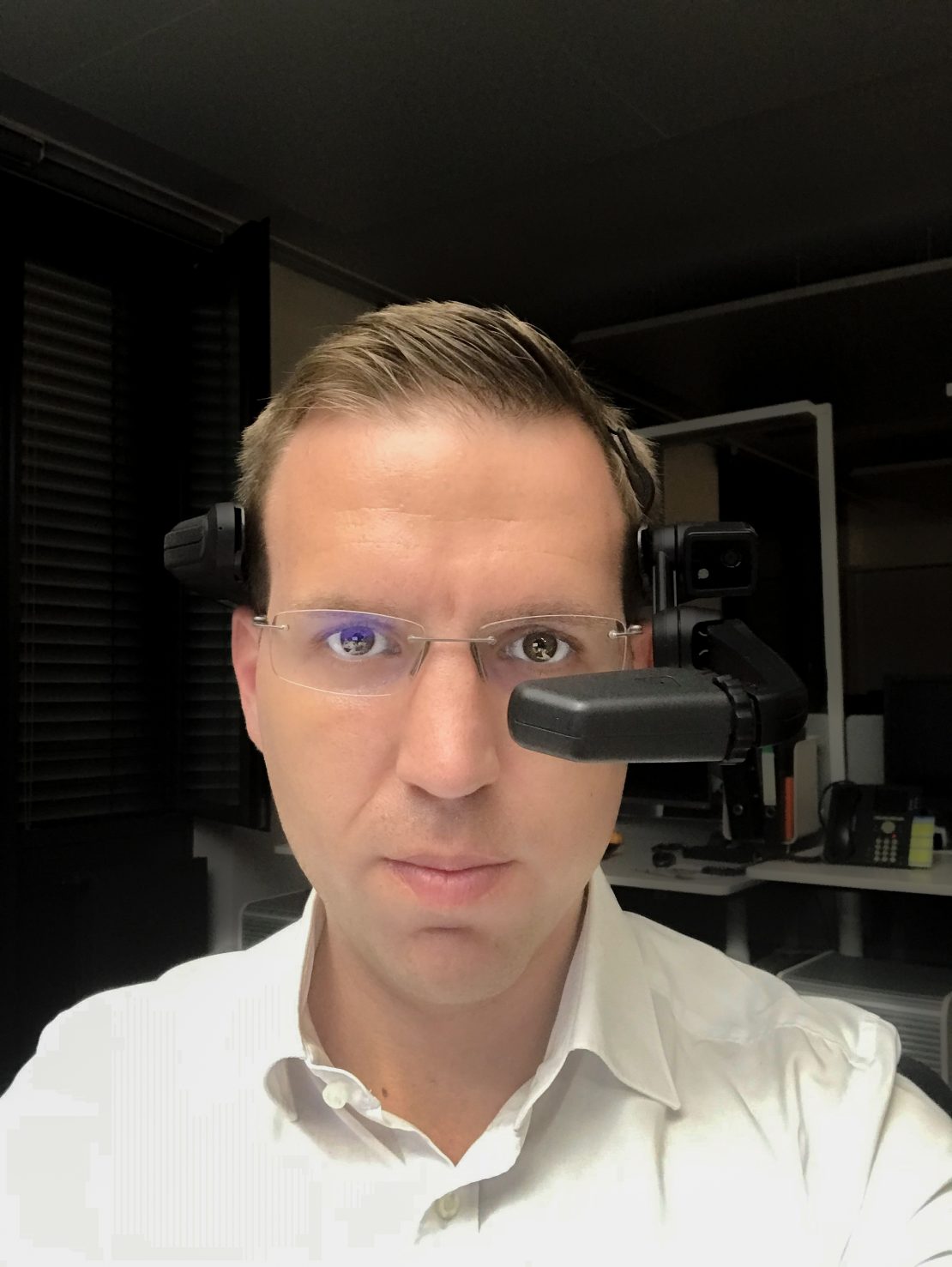
The new law will initially apply to companies based in Germany with at least 3,000 employees starting from 1 January 2023. From 1 January 2024, the law will then apply to companies in Germany with at least 1,000 employees. This time guideline will also be applicable for LAPP. Despite this period of grace until 2024, the world’s market leader for integrated solutions in the field of cable and connection technology set its course already more than a year ago and implemented these new legal requirements globally across the entire corporate group. Despite this being a German law, the obligation to due diligence has to be observed in all its national subsidiaries. As well as the company’s own business division, this also includes the way its partners and other secondary suppliers act. Subsequently, companies are responsible for human rights throughout their entire supply chain.
According to the German Federal Ministry for Economic Affairs and Climate Protection, one of the core elements of these due diligence obligations is the establishment of risk management to identify, avoid or minimise the risks of human rights violations and damage to the environment. It also defines prevention and remedial measures as well as complaints procedures and regular reporting. The Supply Chain Act includes a list of eleven internationally recognised human rights conventions in total. This includes, in particular, the prohibition of child labour, slavery and forced labour, neglect of occupational health and safety, the withholding of adequate wages, disregarding the right to form unions or appoint employee representatives, denial of access to food and water, and the unlawful removal of land and natural life.

For international companies such as LAPP, the law certainly leads to a huge additional burden in administrative terms. After all, LAPP produces at 21 international sites and has 44 sales companies of its own. The family company also cooperates with around 100 international representatives. The company from the south of Germany welcomes the new legal rules however and has already developed a Code of Conduct for its suppliers less than two years ago, which calls on them to comply with the applicable laws and the internationally recognised environmental, social and corporate governance standards (ESG standards). Suppliers are also obliged to implement these standards with their suppliers and sub-contractors. This “Supplier Code of Conduct” must be signed by each supplier at LAPP.
In addition, LAPP has drawn up and introduced a globally valid, standardised risk management process. Corresponding measures have also been defined. Employees responsible for ensuring compliance with the process have been designated in all LAPP Group companies and their suppliers. In addition, a risk analysis was carried out for all suppliers. Preventative measures were developed from this, depending on the country and product group, as well as an assessment of how much influence LAPP has over the respective suppliers. Suppliers are also obliged to implement their own risk management system, which monitors standards for observation of human rights.
Yet how can all this be inspected? In the event of any suspicions, LAPP intends to first check compliance with standards using specific question lists or audits. However, as on-site audits are very time-consuming and involve a lot of travelling as a preventative measure to protect human rights at suppliers, LAPP has been using augmented reality technology for 1.5 years now – in order to be “locally present without being on site”. Thanks to this technology, virtual audits can be carried out worldwide within a very short period of time. The corresponding software and licences were officially integrated at LAPP a few months ago.
It has proved a great success: Augmented Reality technology was recently used with a potential cable supplier based in India. A risk analysis was carried out before approval was granted. As a preventative measure, the company is obliged to sign our Supplier Code of Conduct and must also answer detailed questions on how it deals with human rights.
As an additional safeguard, the LAPP Supplier Management team took part in a virtual production tour with their augmented reality glasses. The appointment was arranged at very short notice since it focussed in particular on compliance with occupational safety measures. To conclude, the cable manufacturer passed the audit and was accepted as a new supplier for LAPP. If any suspicions had arisen during the virtual tour, a personal visit to the site itself would have been arranged. In the worst case scenario, LAPP reserves the right to suspend or terminate the business relationship in cases where systematic violations are identified or with the goal of rectifying the said faults.
Incidentally, the legislator is also threatening significant fines. If companies do not comply with the legal obligations, fines of up to two percent of their global annual turnover can be imposed.
Information about the Author
 Markus Liller has been working at LAPP for almost four years and is responsible for the management of supplier management for the LA EMEA region.
Markus Liller has been working at LAPP for almost four years and is responsible for the management of supplier management for the LA EMEA region.
In addition to the classic, associated tasks such as the selection, evaluation and development of suppliers, he also deals with “Sustainable Procurement” as well as compliance with legal requirements in the value chain such as the German Supply Chain Sourcing Obligations Act. His drive is to retain and develop the best sources of supply for LAPP. Here he also uses future technologies such as augmented reality and AI-supported risk management.
